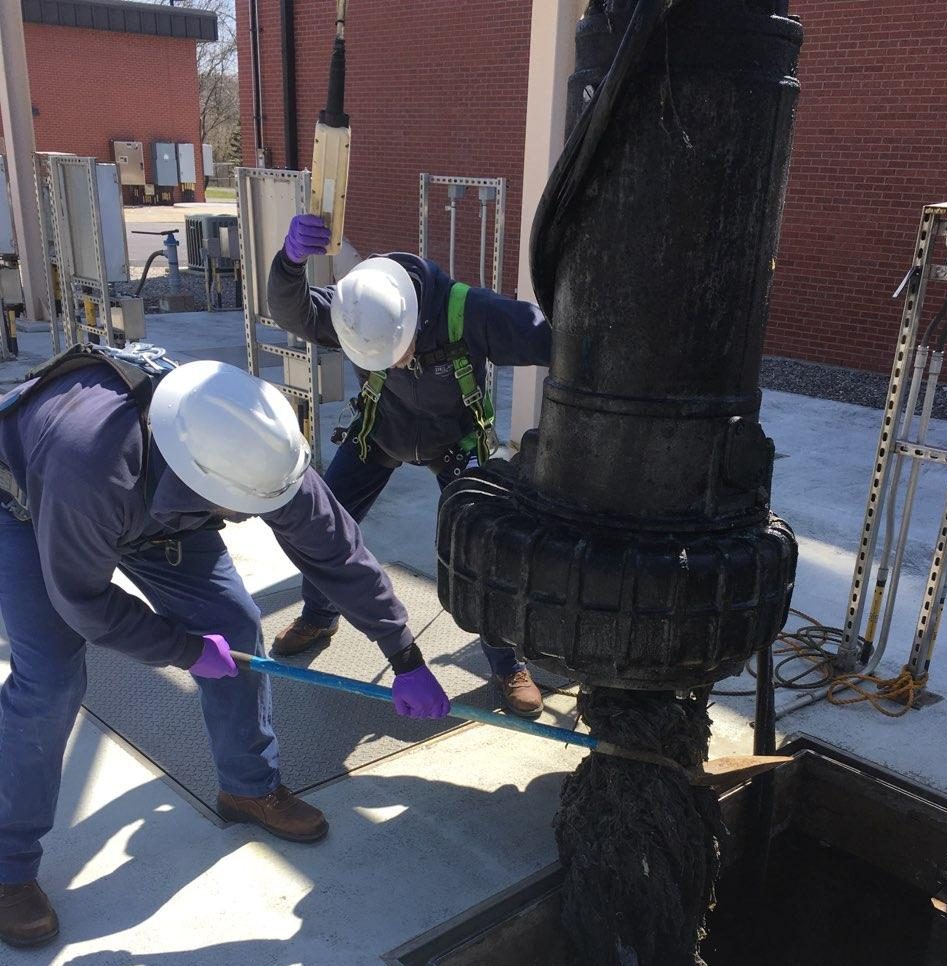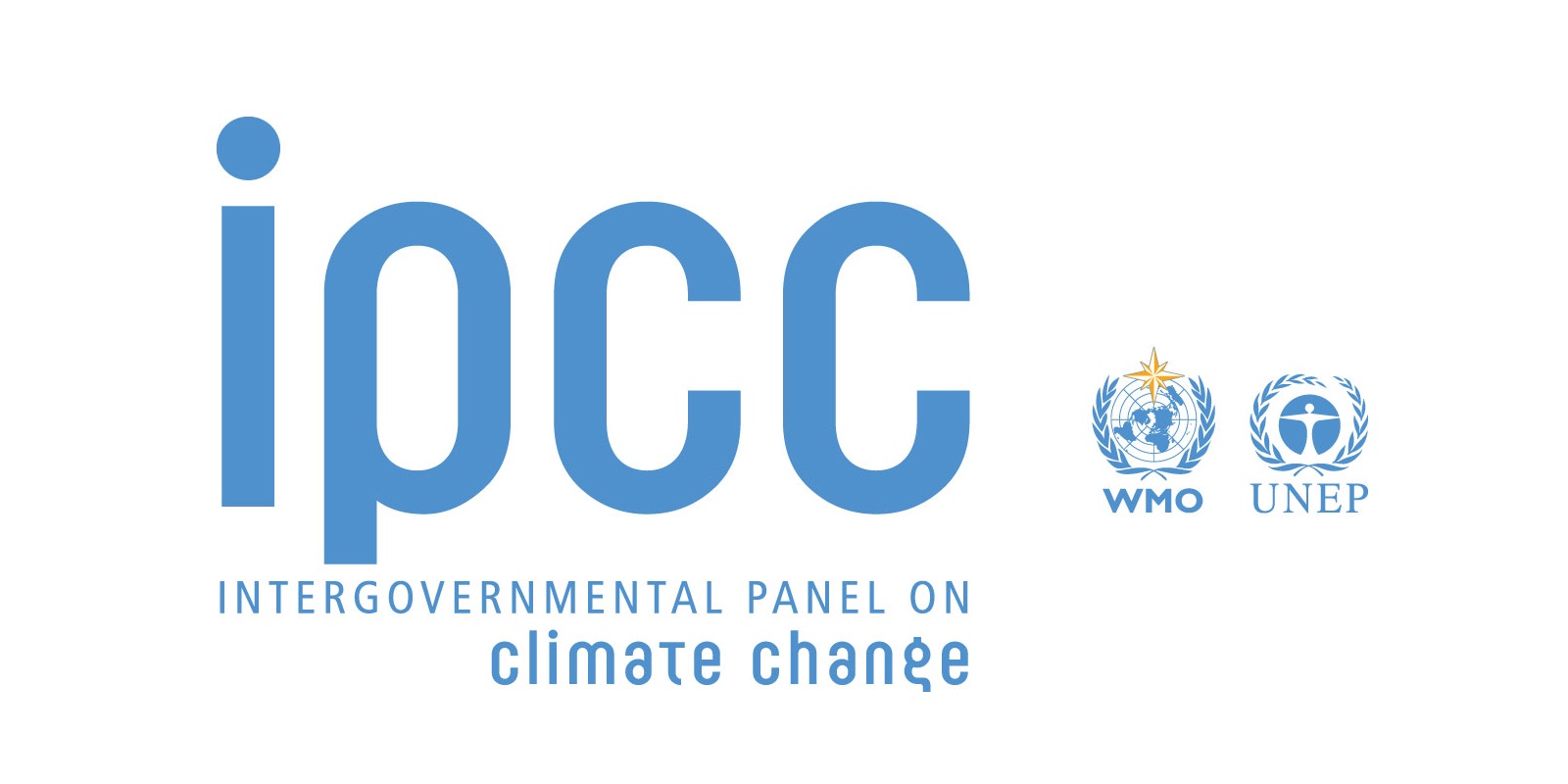You may have flushed something in the toilet that supposedly cannot be flushed, but once it’s flushed, everything’s fine, right? Well not exactly.
Delaware, OH is experiencing the same problem the rest of the U.S. is facing: flushing unflushable products down the toilet which could damage homes as well as wallets too. The Upper Olentangy Water Reclamation Center has to work to fix this issue everyday. Wastewater managers Greg Doubikin and Bryan Livingston have seen the outcomes of Delaware residents flushing down objects that shouldn’t be flushed.
The items that the water reclamation center have to physically remove from the system to prevent damages are cloth, medications, condoms, tampons, plastics and even items that state they are flushable.
Pumps in the water reclamation center’s system were failing because of flushable wipes.
“They say they’re flushable but that doesn’t mean they will biologically breakdown,” Doubikin said. “It just means that they will physically fit down the toilet.”
When these pumps fail, the sewage can start to back up in peoples’ homes and get in their basements.
The Upper Olentangy Water Reclamation has started an outreach program to the city of Delaware by mailing out pamphlets out to residents. These pamphlets explain what items not to flush down the toilet, how to properly dispose of unwanted medication and proper trash disposal.
The medication being disposed of improperly is an issue in and of itself.
“If someone is taking or disposing of medication improperly, it theoretically could come all the way through the treatment plant, not be dealt with, and be back out in the river, which is going downstream and reaching the next water plant and go into your drinking water,” Doubikin said.
The time, effort, energy and money being spent to remove these unflushable items out of the pumps are costly. A pump that had to be repaired back in May costed $25,000. The money to repair these damages come from taxpayers. If they needed to completely replace that pump, it would cost $130,000.
“If that pump got destroyed because of something getting flushed down there and it had to be replaced, at the end of the day, it is taxpayers who are paying for it,” Doubikin said.
Ohio Wesleyan is contributing to the problem as well. Livingston has noticed the effects of Ohio Wesleyan students improperly disposing items down the toilet.
“Our flow definitely does increase during the school year,” Livingston said.
OWU housekeeper Don Sherman has to clean up from students’ careless flushings, he too has seen students failing to properly dispose of items.
“It’s usually tampons and paper towels that students are trying to flush down,” Sherman said. “But those items are not always flushing down.”
The Upper Olentangy Water Reclamation Center’s biggest issue are citizens flushing misleading “flushable” products, which are building up in pumps and causing wear and tear.









